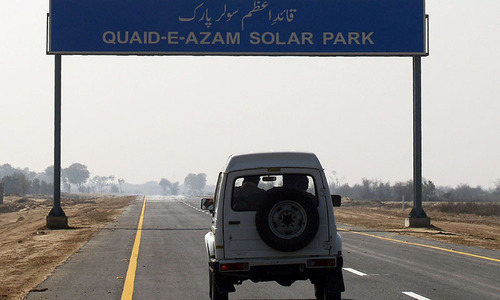IN an article for the Harvard Business Review, author Andy Watz recounts a story about a new immigrant to the US, who mistook ‘busy’ to mean ‘good’, because that is the response he got when he asked “how are you?” Of course, busy does not mean good, yet I’m guilty of using ‘busy’ myself as a response and it rarely means I’m OK.
Have you noticed how more and more people say they don’t have time to do anything because of their busy — sometimes crazy — schedules? There’s a lot of value placed on being busy — especially in corporate culture, but it’s trickling down to familial life too. Being busy means you’re super productive, often multitasking as a parent or child, but when relaxed and free, I’m sure everyone in the family is busy on their own devices, not talking to each other.
There’s status in looking busy too. I see folks walking in the park talking on their Bluetooth headsets, giving off ‘I’m powerful’ vibes; but they also look unapproachable. I think advancement in communication is creating more distances between people and a world without human connections should cause everyone concern.
Watz writes that being busy should stop being seen as a virtue. I’m sure you know at least one person in your office who drones on about how busy they are and they may even be the boss’ favourite, but are they productive? Watz quotes research that indicates that when organisations “overload employees, base their incentives primarily on the amount of time they work, and excessively monitor their activities, productivity and efficiency actually drop”.
Journalists are feeling burnt out quicker than before.
Maybe that’s what led to the ‘quiet quitting’ trend that surfaced last year in the US and became a hot topic of debate. The term refers to doing the bare minimum on your job, including not putting in any extra time, so while it’s not quitting, it was seen as a reaction to work dissatisfaction.
A Gallup survey in 2022 said at least half of the US workforce was composed of ‘quiet quitters’, and that shocking revelation also became the subject of intense discussion, with everyone questioning the methodology of the survey rather than examining the structural barriers that caused so much dissatisfaction. The bottom line is that the folks surveyed were not happy with their work, because work was placing unrealistic expectations on them.
I’m more familiar with newsrooms, having spent a good portion of my life working in some iteration of them, largely here and some in Dubai and Hanoi. Working in the news keeps everyone busy, but each technological innovation seems to have impacted journalists’ lives for the worst.
They are feeling burnt out quicker than before. In my conversations with young journalists for research, I hear phrases like ‘toxic culture’ and ‘unfair supervisors’ who don’t have the time to train or mentor staff. Since no one (or thing) is challenging this culture, it’s almost accepted as the norm. Too many good people have left journalism because managers reward the wrong goals. One young woman told me staff was reprimanded for asking for time off, even when it was due.
This kind of work isn’t working. This incentivised structure, which rewards productivity, needs reform. Companies need to hire more people instead of overburdening existing staff. This is true in healthcare too, which witnessed near collapse during the pandemic in countries that made budget cuts in social service sectors. I fear that the more the advancements in technology, especially in AI, the more people will feel burdened to outperform the robots.
What is the other side of being busy, and if it is being unproductive, can it be presented in better light; shown to have value that may benefit work, health and life? Solitude, for example, seems like an alien concept because one is rarely without their device; yet solitude allows for reflection and a quieting of the mind. Of equal import is being in the presence of other people. Social media may bring people together, but it also prevents people from being together, writes Watz.
If busyness increases a person’s sense of self-worth, as psychologists say, and is an indicator of status, what needs to be done to increase the worth of leisure, family time and idleness? Self-help gurus often ask readers what they would do if they knew their days were numbered. How much time would they give to activities “that have nothing to do with striving and achieving?” asks Lori Deschene, the founder of Tiny Buddha, before reminding readers that “our days are numbered”. It is a question worth reflecting over these Eid holidays, preferably in nature and sans devices.
The writer researches newsroom culture in Pakistan.
Twitter @LedeingLady
Published in Dawn, April 22nd, 2023
















































Dear visitor, the comments section is undergoing an overhaul and will return soon.